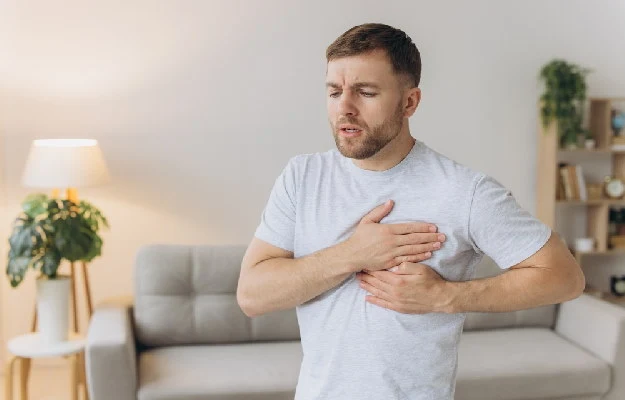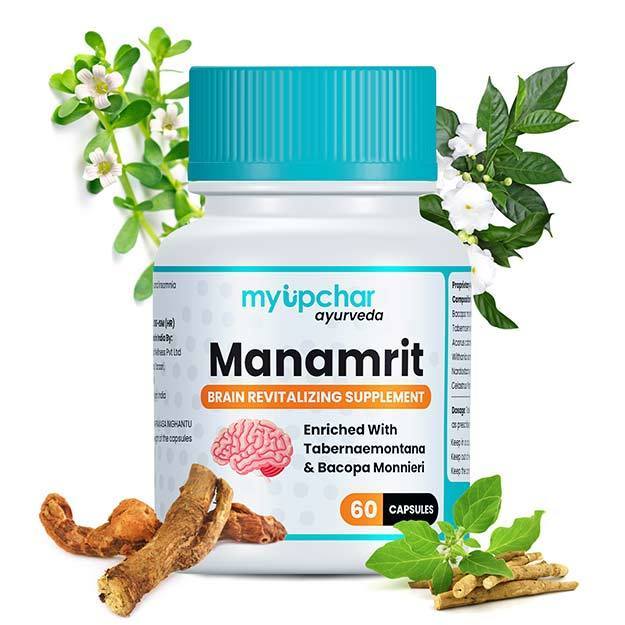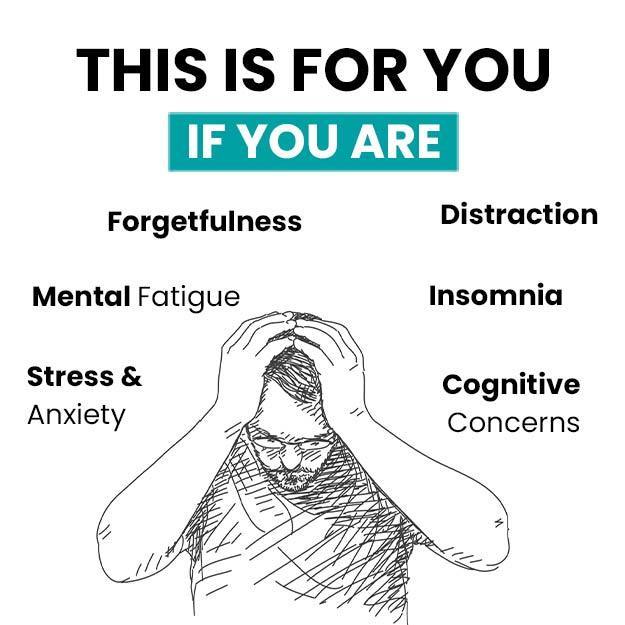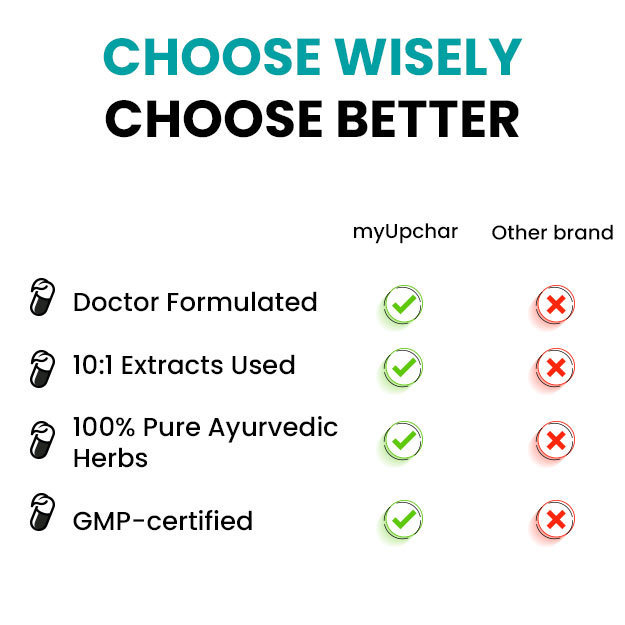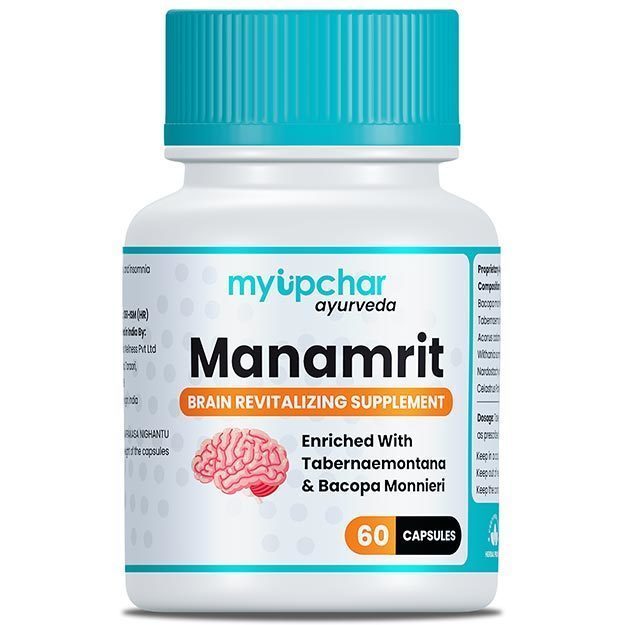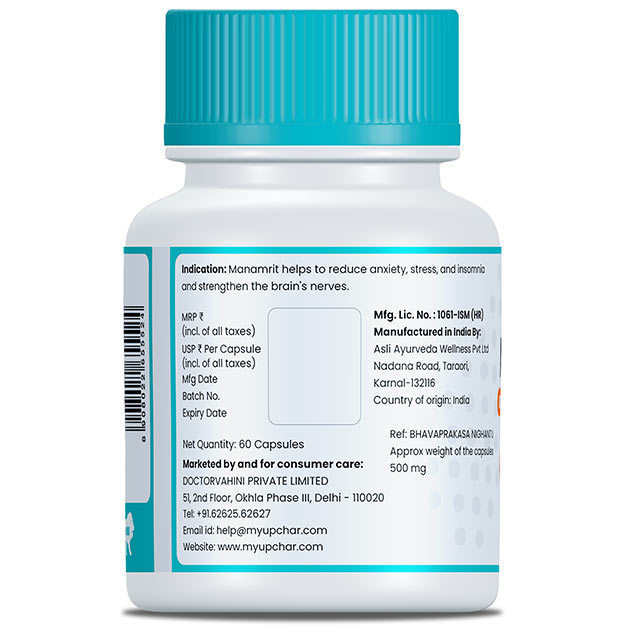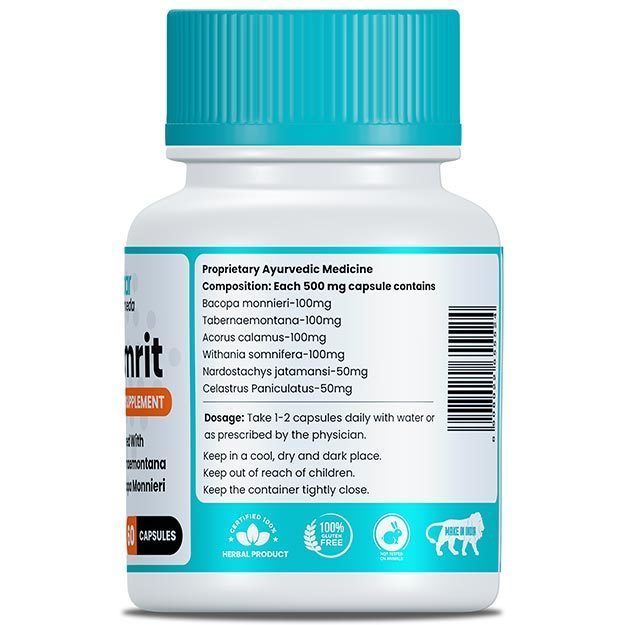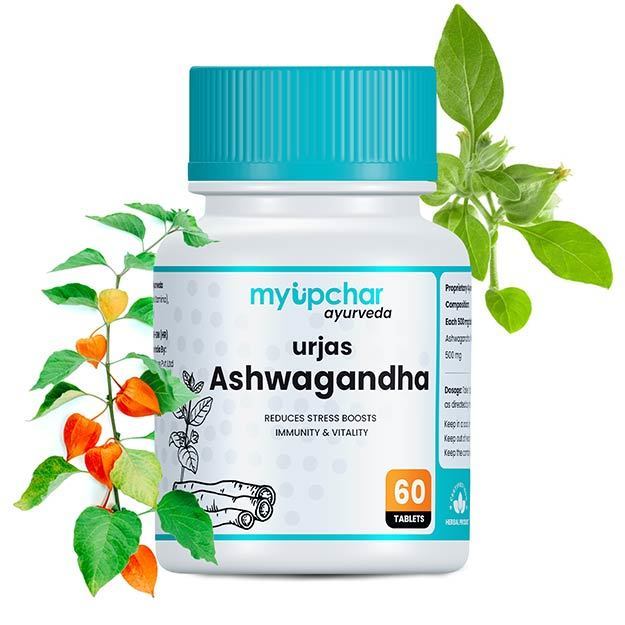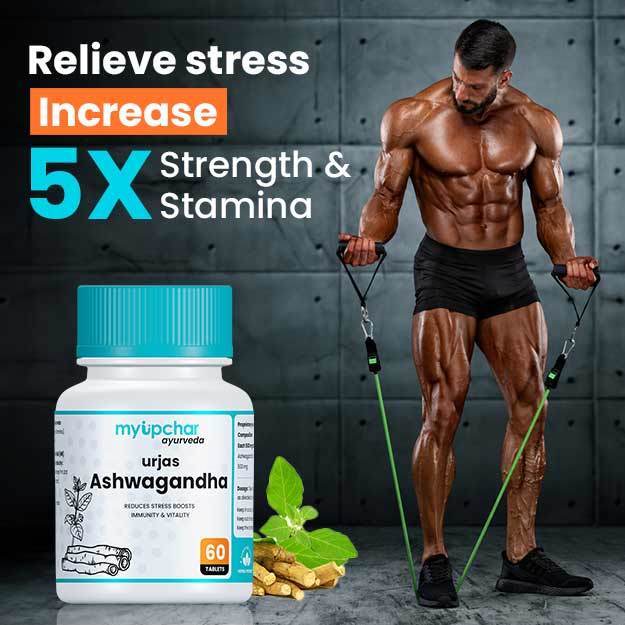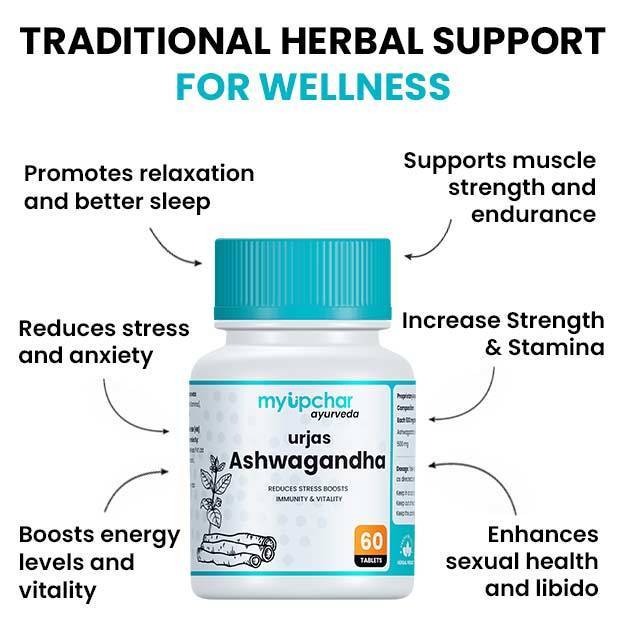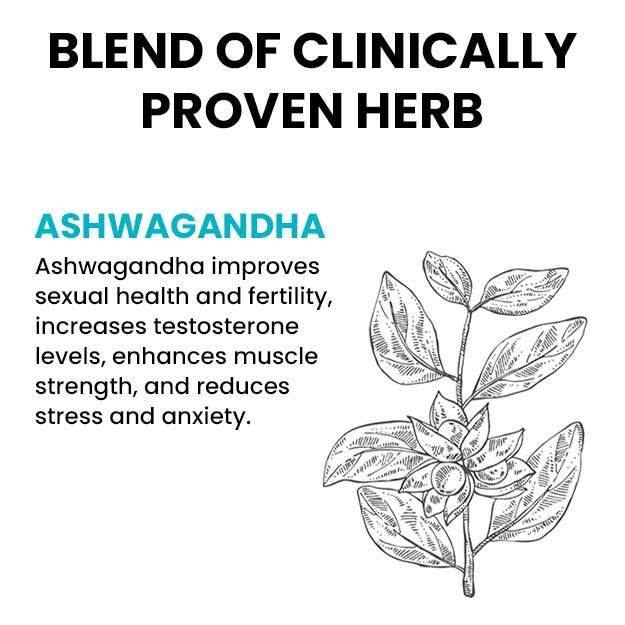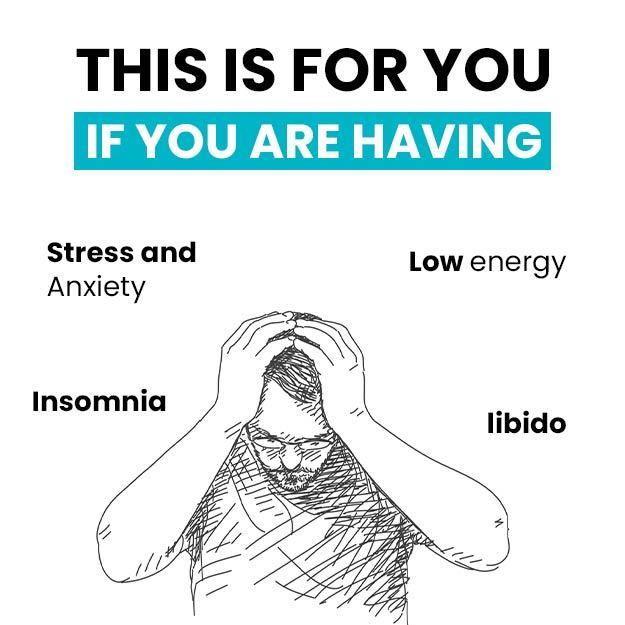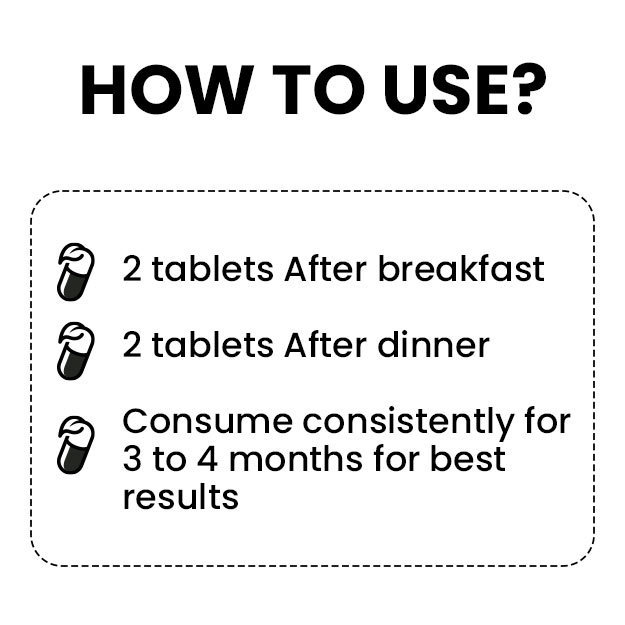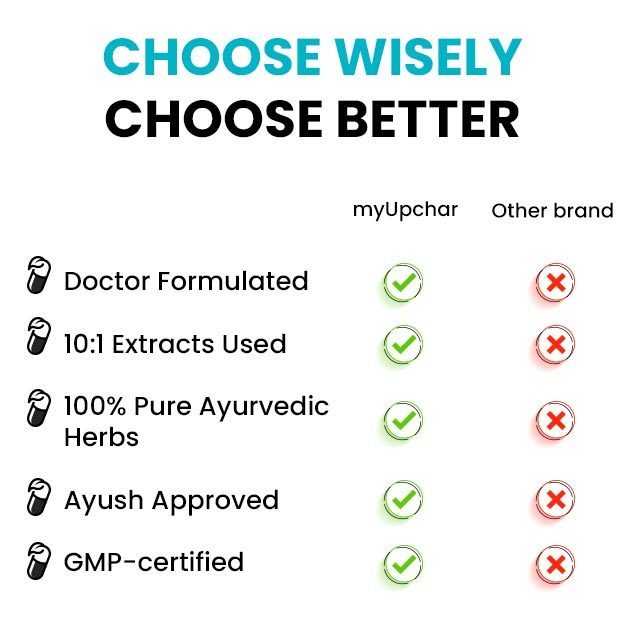Panic attack is a feeling in which a person suddenly starts feeling scared, nervous or very anxious without any reason. During this, the person has an intense experience which has many emotional symptoms along with physical ones. Symptoms of panic attack include:
- Extreme sweating
- Rapid breathing
- Rapid heartbeat
- Chest pain
- Body tremors
And Emotional symptoms include:
- Feeling scared or anxious
- Feeling that everything is going to end
- Feeling detached from reality
During a panic attack, many people also feel as if they are having a stroke or heart attack. Panic attacks can happen anywhere and at any time. Panic attacks are a common problem. About 13 percent of people around the world experience a panic attack at least once in their lifetime.
(Read more - Panic Attack vs Anxiety Attack)
It is not possible to predict when a person will have a panic attack, but if there is a pre plan ready for panic attack, then it becomes easier to manage the situation of panic attack and the person who gets a panic attack also feels that things are under his control. In this article, we are telling you about those methods and tips with the help of which you can prevent panic attacks.
(Read more - Anxiety Attack)

